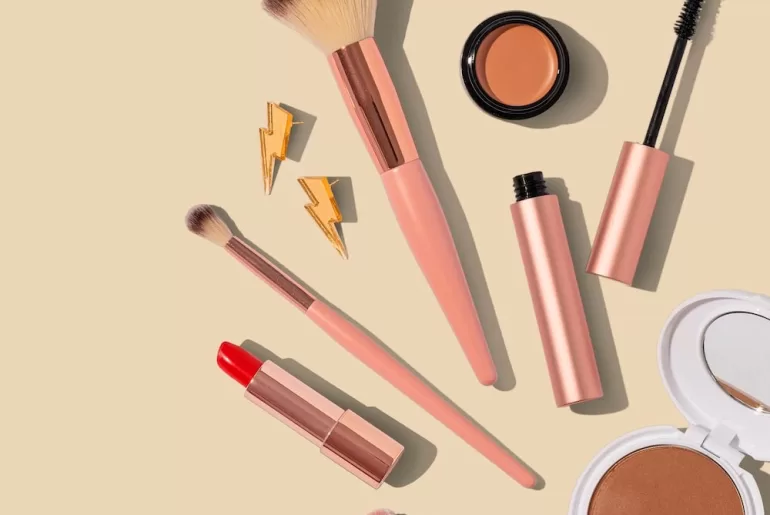Consumer habits are changing. Across the world, people are spending less on impulse buys and investing more in big-ticket items with long-term appeal. What’s more, there’s an increasing commitment to sustainability, with environmental concerns more pressing than ever before.
While these trends can be observed across almost every spending demographic, it’s a younger market segment that’s driving the wave of change.
We’re talking about Generation Z. Until recently, it was Millenials that many brands were marketed to. Now, every sector from tech to travel is more interested in the spending power of Gen Z.
The problem for brands is that this cohort of consumers has some pretty unique expectations. Many sectors have had to retool their approach, with the fragrance market being one of them.
Generation Z Are Tricky Customers
Generation Z generally refers to anyone born during the late 1990s up until around 2010. It currently makes up around 26% of the global population, which is the largest single demographic of all. Unsurprisingly, their consumer behaviour has become a point of interest for many brands looking to capitalise on this expansive market.
The most important thing to remember about this demographic is that they are the first true digital natives. More at home online than in the real world, it shouldn’t come as much of a shock to discover that they do much of their shopping online.
Rather than use traditional online marketplaces, they’re more likely to make a purchase via social media and respond well to influencer marketing.
The environment and social issues matter to Gen Z, and this is represented in the things they buy and the brands they choose to do business with.
Ethical manufacturing and sustainability are the chief concerns, with many Gen Z consumers embracing pre-loved purchases rather than buying new ones. As well as being the champions of the circular economy, they’re also less concerned with ownership than previous generations.
Beauty Brands Wake Up to the Potential of Gen Z
While many beauty and cosmetics brands have been able to coast on brand loyalty for decades, even the most established enterprises have to reposition themselves to meet the demands of Gen Z. Some have fared better than others.
Estee Lauder was arguably one of the first major names in the fragrance market to meet Gen Z consumers on their own turf. While Estee Lauder perfume and Estee Lauder foundations were heavily marketed on social media platforms like Instagram, these channels aren’t the preferred choice for Gen Z users.
Keen to secure a slice of the Gen Z market, Estee Lauder migrated to TikTok, where around 60% of users fall into the 16-24 age bracket.
Rather than use sponsored posts to draw attention to products, the brand embraced influencer marketing, partnering with authority figures trusted by its elusive target audience.
The beauty brand also made an appearance at several of Decentraland’s Metaverse events in 2022, being the only representative from the industry to do so.
What Fragrance Products Are Gen Z Buying?
Being able to market to Gen Z in their native space is all well and good, but brands also need to deliver products that are going to appeal to them.
This is where the consumer habits of Gen Z get really interesting. Unisex fragrances are nothing new, but they’ve never really enjoyed a notable share of the market. However, Gen Z and its attitudes to gender identity have led to an increase in demand for less clearly defined scents.
There’s also less of a tendency to develop loyalty to a particular brand. Younger consumers pick their scent based on mood and occasion, rather than a sentimental attachment to a long-term favourite.
Because they’re not using the same fragrance every day, they’re less likely to spend over the odds on a larger bottle. Brands have taken note, adding smaller versions of their most popular products to their collections.
Will the Fragrance Market Continue To Adapt?
If a brand wants to continue to succeed, they need to address the consumer habits of Generation Z immediately.
Currently the largest age demographic in the world, they’ll be taking their commitment to sustainability and ethically sourced products into their thirties, forties and beyond.
While the next generation might arrive with their own unique demands and buying behaviours that need to be addressed, the spending power of Gen Z will continue to drive the fragrance market for years to come.

